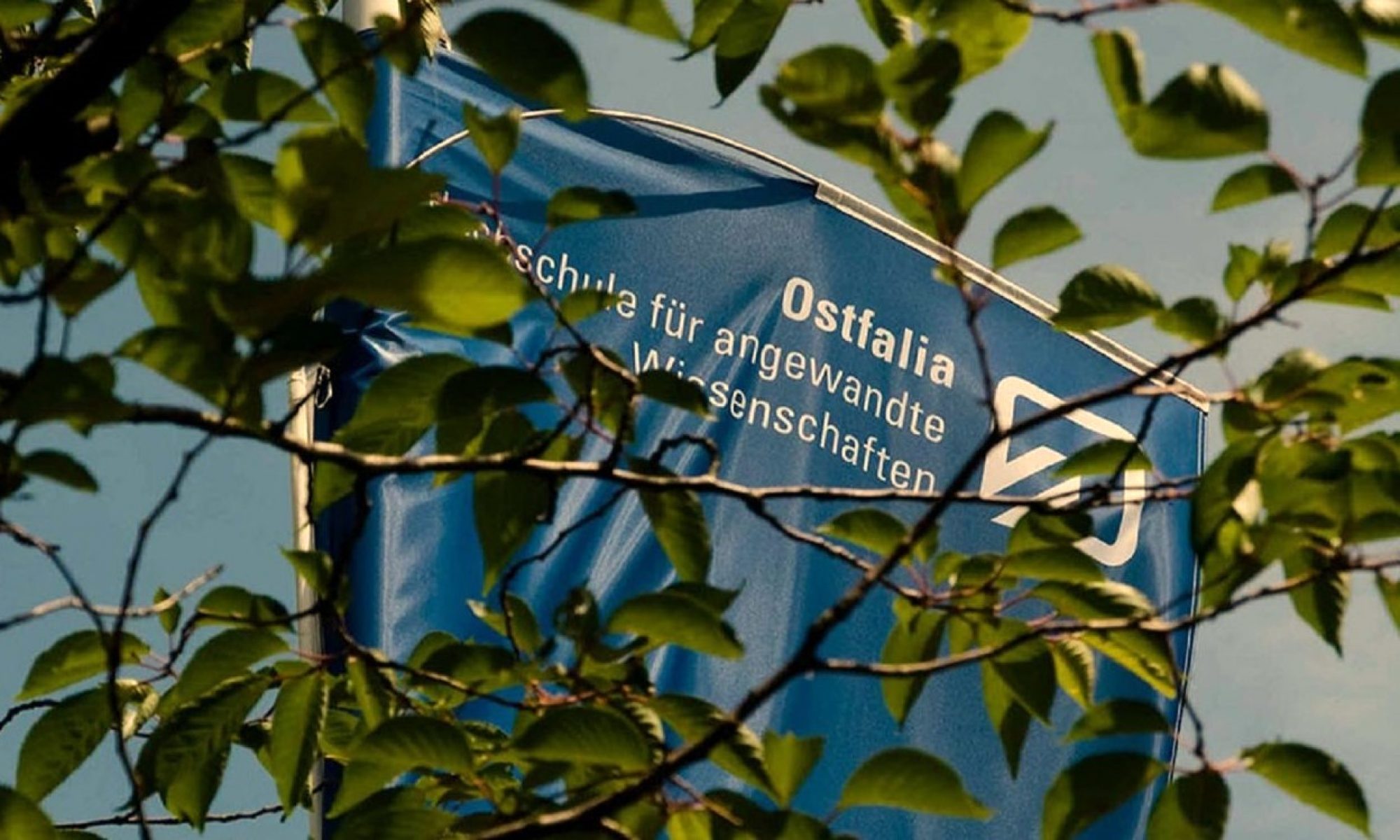Daniela Velichová
daniela.velichova@stuba.sk
Slovak University of Technology in Bratislava
Abstract
Paper will present findings from the Summer school for students organized within the international Erasmus+ project Pythagoras, where groups of students from 7 partner universities tested various active learning methods applied in teaching basic courses of mathematics at bachelor university study programmes. Project partners prepared various kinds of learning materials and activities, while different didactic approach was tested each day. Students answered the prepared feedback questionnaires, where they stated their opinions on the presented didactic scenarios. They also presented their views on each particular method and its impact on knowledge acquisition, along with ideas for possible improvements from the learners’ perspective. The following activities were presented: Escape room activity, adapted Problem Based Learning – miniPBL, eduScrum, Gamification and Stack Exercises.
The escape room activity was not met with the full satisfaction on the side of students. Most of them were not sure whether they might improve their knowledge in this way. During miniPBL activity students solved small problems related to environmental issues by means of specific mathematical methods. The task was to develop mathematical model of the described problem and find its solution, whereas results had to be interpreted back to the practical application. This approach was highly appreciated by students, who were interested in the real problems and liked the fact that mathematics might help to model real life situation and provide solutions. EduScrum method was regarded as the most suitable and relevant with respect to knowledge gain and satisfaction with the learning scenario. Students worked in teams, each team member solved one of the problems given in the sprint, while team leader guided the team work and submitted collected solutions. Gamification was applied both as individual or small groups activities, while winners of maths games were awarded, which was regarded as interesting but not very efficient with respect to learning gains. In the Stack Exercise activities students solved problems presented in the Moodle environment in step-by-step mode. Their opinions on this learning activity were very variegated, some found this approach as helpful and instructive, but some did not like that one could come to correct solutions without own knowledge, just through provided instructions. Complete analysis of the received feedback will be presented with ideas on how to introduce innovative active learning methods in the ways more suitable for learners.
Keywords
Active learning methods, feedback from students, assistance to students
References
Kayoko, Enomoto (2022) Active Learning in Higher Education: Student Engagement and Deeper Learning Outcomes.
Libri Pub 0´Leary, Matt (2023) Developing Excellence in Teaching and Learning in Higher Education Through Observation. Routledge
